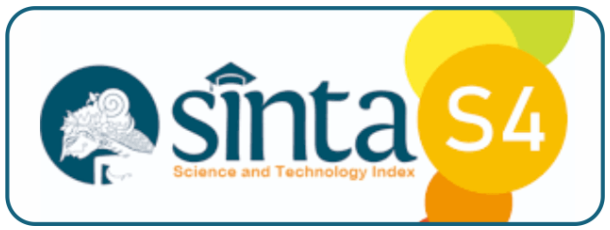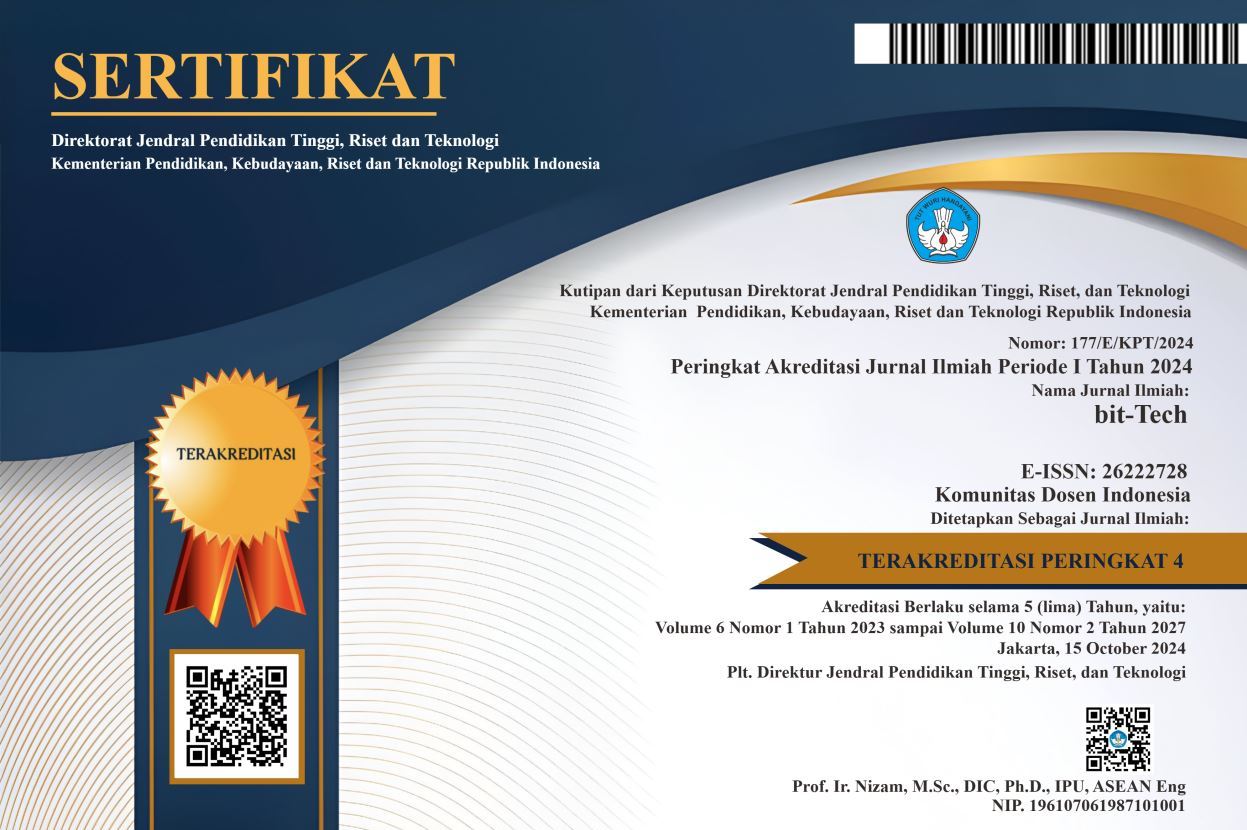Alleged Bad Credit at Saving Cooperatives Borrow Flamboyant Assistance PPSW Jakarta With Comparasion the Algorithms Naive Bayes and C4.5
DOI:
https://doi.org/10.32877/bt.v2i3.163
Keywords:
Data Mining, Comparison, Naïve Bayes, C4.5
Abstract
Data mining is often used in the financial sector, one of which is cooperatives. According to Law No. 25 of 1992, what is meant by cooperatives are business entities whose members are individual or cooperative legal entities based on activities based on the principles of cooperatives as well as as a people's economic movement based on the principle of kinship. One of the things that needs to be considered is the provision of credit or borrowing in the Flamboyan cooperative, which in this study there are many bad crediting occurrences that occur in the Flamboyan cooperative. By using a lot of data mining techniques, data can be utilized optimally. From the above problems, it can be overcome by utilizing data mining techniques, namely Predicting Bad Credit at the Flamboyant Savings and Loan Cooperative Fostered by PPSW Jakarta Using Comparative Algorithms Naive Bayes and C4.5. The algorithm used in the system is the best result of the Naive Bayes and C4.5 comparison based on data from the Flamboyan cooperative. The results obtained from the comparative data processing between the Naïve Bayes algorithm and the C4.5 using a dataset of 2282 transaction data obtained the results of the accuracy of the Naïve Bayes algorithm of 69.19% and the C4.5 algorithm of 71.87%, based on the accuracy results state that the C4 algorithm .5 is superior to the Naïve Bayes algorithm. Then the results from the C4.5 decision tree are translated into the bad credit prediction system in the Flamboyan cooperative.
Downloads
Downloads
Published
How to Cite
Issue
Section
License
I hereby assign and transfer to bit-Tech all exclusive copyright ownership rights to the above work. This includes, but is not limited to, the right to publish, republish, downgrade, distribute, transmit, sell, or use the work and other related materials worldwide, in whole, or in part, in all languages, in electronic, printed, or any other form of media, now known or hereafter developed and reserves the right to permit or license a third party to do any of the above. I understand that this exclusive right will belong to bit-Tech from the date the article is accepted for publication. I also understand that bit-Tech, as the copyright owner, has sole authority to license and permit reproduction of the article. I understand that, except for copyright, any other proprietary rights associated with the work (e.g. patents or other rights to any process or procedure) must be retained by the author. In addition, I understand that bit-Tech permits authors to use their papers in any way permitted by the applied Creative Commons license.


 DOI :
DOI :
 Abstract views: 267
/
Abstract views: 267
/  PDF downloads: 188
PDF downloads: 188











